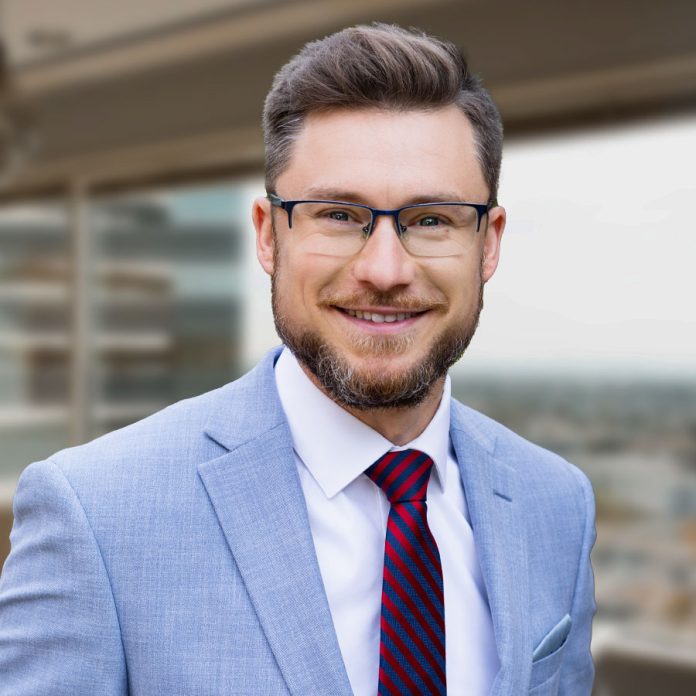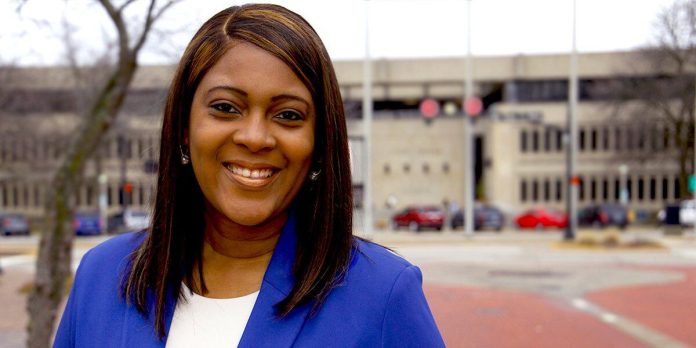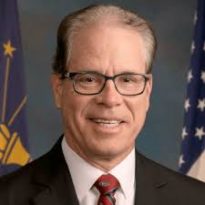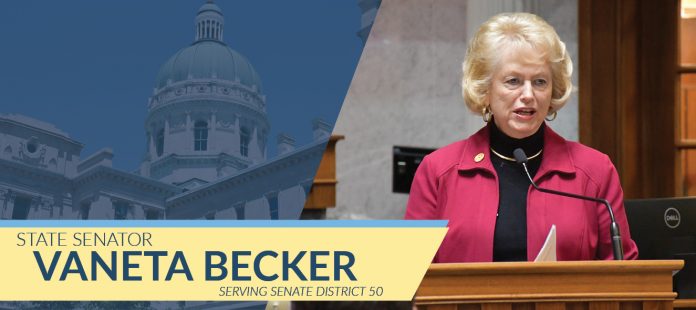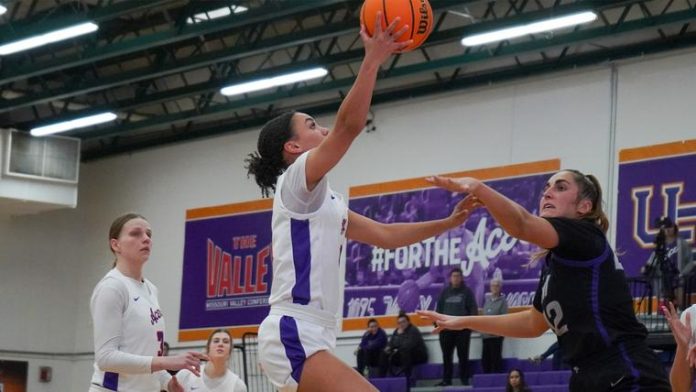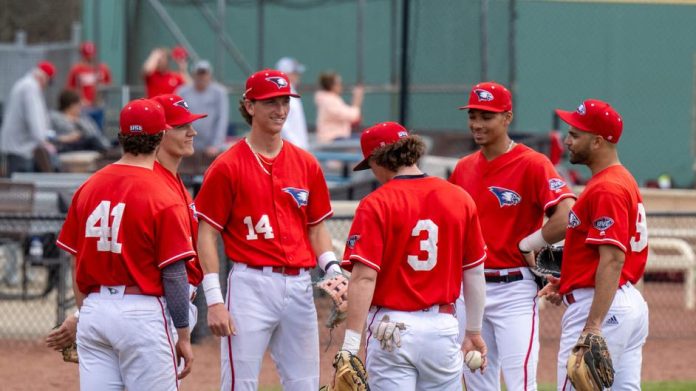Local financial professional Joe Kiefer II at Liberty Federal Credit Union recognized for excellence by TruStageTM
MARCH 14, 2024
Evansville, Indiana – Joe Kiefer II, a financial professional at Liberty Wealth Services located at Liberty Federal Credit Union, has been appointed to the Senior Advisor Leadership Team (SALT) with TruStageTM. This distinction is awarded to a select number of financial professionals working through credit unions with TruStage who demonstrate a consultative approach with their clients, exceptional sales productivity, and leadership within their credit unions and among their peers.
Joe Kiefer II serves as the acting program manager as well as part of the Liberty Wealth Services advising team. He holds a Bachelor of Science in Economics and Business as well as an MBA from Bellarmine University. Joe Kiefer’s legacy of community impact is extensive. He is acting president of the Memorial High School Booster Club and serves as the strength and conditioning coach to both Memorial’s track and field and football programs. Joe previously served as president to the Explore Evansville Board of Directors.
“This nomination is a prestigious recognition given to those who consistently maintain an exceptional level of conduct, provide respected client investment direction and advocacy, as well remain in good compliance standing. Joe Kiefer has been an integral part of our growth and success through his thought leadership and servant mindset. We are beyond thrilled to have him represent Liberty Wealth Services on this national leadership team.” said Nikki Moore, SVP of Liberty Wealth Services. In addition to providing sound input and representing their fellow advisors with TruStage leadership and staff, Joe Kiefer also serves as an ambassador for TruStage and fellow financial professionals across the country.
“In collaboration with our credit union partners, each SALT member plays a unique role in demonstrating our values through their leadership and passion for doing the right thing,” said Paul Chong, TruStage’s Senior Vice President for Advisor Experience. “Being appointed to our 2024 Senior Advisor Leadership Team is a special recognition, and Joe has not only demonstrated outstanding commitment to helping people navigate toward a brighter financial future but has earned the confidence of more than 500 peers to help lead them into the future.”
About TruStage Wealth Management Solutions:
Program consultation and support services are offered to credit unions and registered representatives of LPL Financial through TruStageTM Wealth Management Solutions, a marketing name of CUNA Brokerage Services, Inc. (CBSI). CBSI is a limited business broker/dealer (member FINRA/SIPC), a fully owned subsidiary of TruStage Financial Group, Inc. These entities are not affiliated with LPL Financial and do not provide advisory services or brokerage services to retail clients.
The financial professionals at Liberty Wealth Services are registered representatives with, and securities and advisory services are offered through LPL Financial (LPL), a registered investment advisor and broker-dealer (member FINRA/SIPC). Insurance products are offered through LPL or its licensed affiliates. Liberty Federal Credit Union and Liberty Wealth Services are not registered as broker-dealer or investment advisors. Registered representatives of LPL offer products and services using Liberty Wealth Services and may also be employees of Liberty Federal Credit Union These products and services are being offered through LPL or its affiliates, which are separate entities from, and not affiliates of, Liberty Federal Credit Union, Liberty Wealth Services. Securities and insurance offered through LPL or its affiliates are:
Not Insured by NCUA or Any Other Government Agency Not Credit Union Guaranteed Not Credit Union Deposits or Obligations May Lose Value


